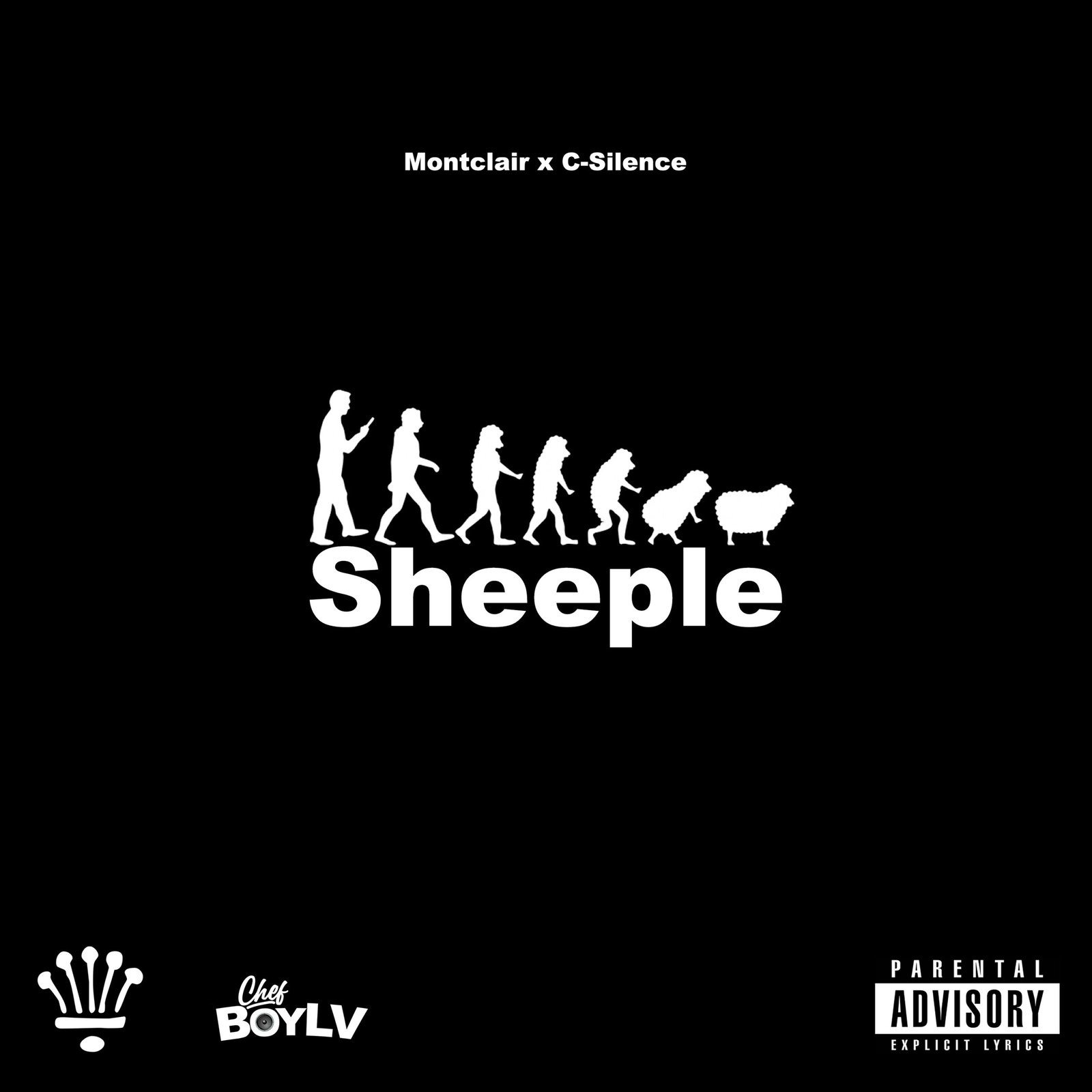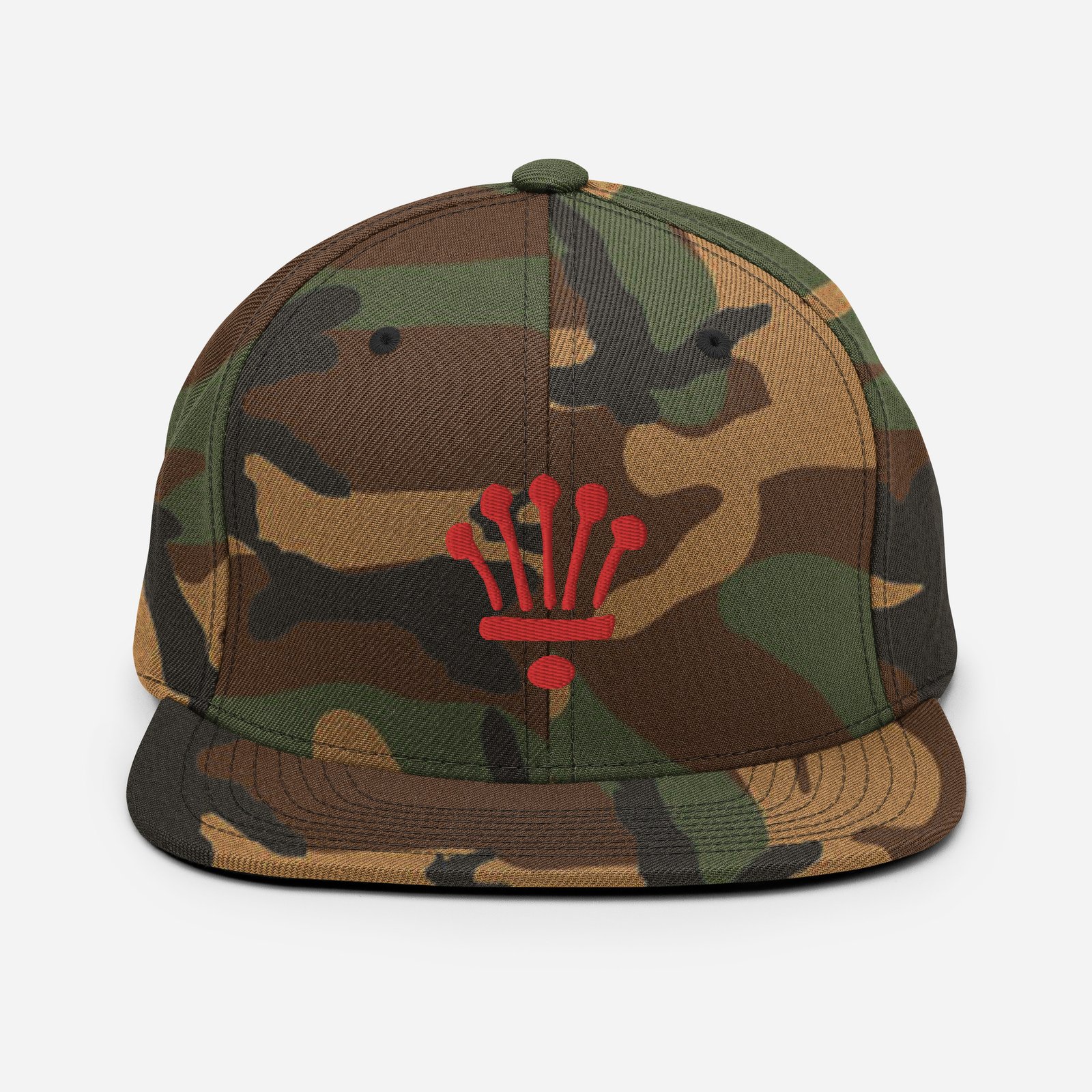
A month subsequent to Young Thug becoming embroiled in an extensive RICO case, he issued a plea from his incarceration. In a prerecorded message presented at Hot 97’s Summer Jam in June of the preceding year, he addressed the situation, stating, “This isn’t just about me or YSL. I’ve always used my music to express myself artistically, and now I see that Black artists and rappers lack that freedom. I urge everyone to sign the Protect Black Art petition and keep us in your prayers. I love you all,” concluding his message. The Protect Black Art petition was co-authored by Kevin Liles, the co-founder and CEO of 300 Entertainment, who initially signed Young Thug and played a role in establishing his label YSL as a subsidiary company, along with Julie Greenwald, the COO of Atlantic Records. This petition seeks to prompt both federal and state lawmakers to pass legislation that restricts the use of rap lyrics as evidence in legal proceedings. Young Thug’s plea came on the heels of a sprawling 56-count RICO case lodged against him, Gunna, and 26 other members of their Young Stoner Life collective.
The extensive grand jury indictment depicts YSL, “Young Slime Life,” as a “criminal street gang,” asserting that the collective engaged in 182 instances of gang activity and criminal conspiracies. This indictment cites lyrics, social media posts, and apparel featuring the word “SLIME” as evidence. The indictment includes allegations of violent crimes such as attempted armed robbery and murder. The case emerges against the backdrop of a 60 percent surge in violent crime in Atlanta, an issue Fulton County district attorney Fani Willis has pledged to address. The case has also stirred debate within the hip-hop community, with many arguing that it exemplifies the criminal justice system’s propensity to unfairly associate rappers with violent crime through their art.
After more than seven months in custody, Gunna was released on December 14, 2022. Both he and Young Thug had been denied bond multiple times. Gunna’s guilty plea led to an Alford plea, allowing him to plead guilty while maintaining his innocence. Gunna’s five-year sentence was commuted to time served, coupled with 500 hours of community service. Additionally, seven other defendants accepted plea deals and were released just before the New Year. In July, the cases of several original defendants were separated from the trial, and eight defendants, including Young Thug, remain in the YSL trial. As for Young Thug, he continues to be incarcerated, awaiting trial as one of the eight defendants. The process of selecting individual jurors is anticipated to begin in August.
Meanwhile, a new incident involving Young Thug emerged, with prosecutors alleging that co-defendant Kahlieff Adams attempted to pass a Percocet pill to him in open court on January 20. Young Thug’s lawyer has denied any involvement in the alleged drug exchange. The trial has also revealed connections between YSL Mondo, a label co-founder, and the district attorney Willis, who previously served as Mondo’s defense lawyer during a 2019 aggravated assault trial. The trial’s progression has been marked by prolonged jury selection due to the trial’s anticipated length and challenges in finding suitable jurors. Amid these developments, Young Thug’s bid for bond was denied for the third time by Judge Ural Glanville, citing concerns of witness intimidation, the risk of flight, and potential threats to the community.
While the case remains ongoing, it underscores the ongoing debate regarding the use of rap lyrics as evidence and the broader implications of linking art to criminal accusations. As of now, the trial continues, with Young Thug and other defendants awaiting the selection of jurors and the legal proceedings that will follow.
















